

Princeton Bancorp Inc. provides various banking products and services. It accepts various deposit products, loan products, debit and credit cards, and money orders, direct deposit, automated teller machines, cashier's checks, safe deposit boxes, wire transfers, night depository, remote deposit capture, debit cards, bank-by-mail, online and automated telephone banking services, as well as payroll-related services and merchant credit card processing services. Princeton Bancorp Inc., formerly known as THE BANK OF PRN, is based in Princeton, New Jersey....
+See MoreSharpe-Lintner-Black CAPM alpha (Premium Members Only) Fama-French (1993) 3-factor alpha (Premium Members Only) Fama-French-Carhart 4-factor alpha (Premium Members Only) Fama-French (2015) 5-factor alpha (Premium Members Only) Fama-French-Carhart 6-factor alpha (Premium Members Only) Dynamic conditional 6-factor alpha (Premium Members Only) Last update: Saturday 28 February 2026
2020-07-19 09:25:00 Sunday ET

Senior business leaders can learn much from the lean production system with iterative continuous improvements at Toyota. Takehiko Harada (2015)
2019-04-17 11:34:00 Wednesday ET
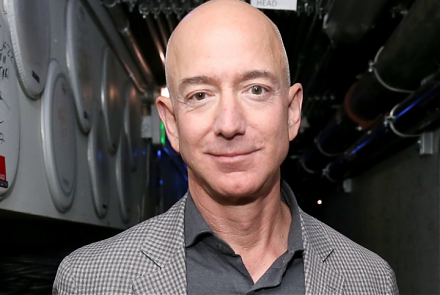
Amazon CEO Jeff Bezos admits the fact that antitrust scrutiny remains a primary imminent threat to his e-commerce business empire. In his annual letter to A
2019-05-23 10:33:00 Thursday ET
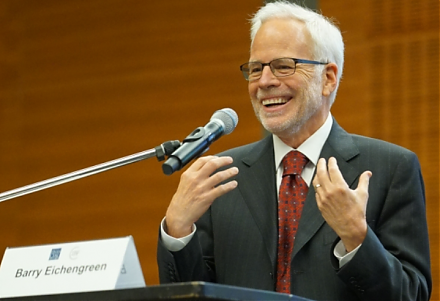
Berkeley professor and economist Barry Eichengreen reconciles the nominal and real interest rates to argue in favor of greater fiscal deficits. French econo
2019-01-12 10:33:00 Saturday ET
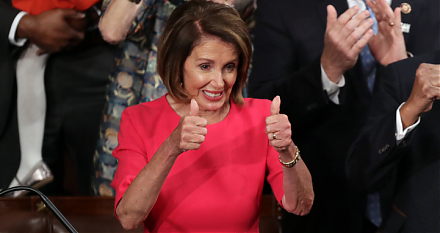
With majority control, House Democrats pass 2 bills to reopen the U.S. government without funding the Trump border wall. President Trump makes a surprise Wh
2023-01-09 10:31:00 Monday ET
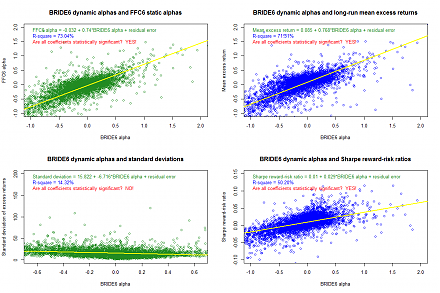
Response to USPTO fintech patent protection As of early-January 2023, the U.S. Patent and Trademark Office (USPTO) has approved our U.S. utility patent
2017-05-25 08:35:00 Thursday ET
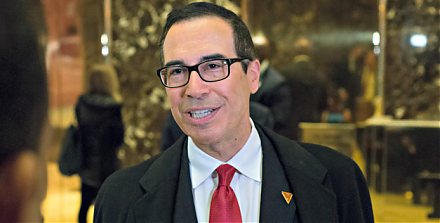
Treasury Secretary Steve Mnuchin has released a 147-page report on financial deregulation under the Trump administration. This financial deregulation seeks